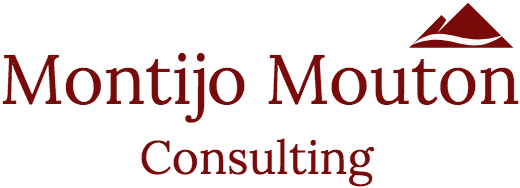Quito, Ecuador
We had no idea that our time in Ecuador would land us face to face with American Communists, but that’s exactly what happened as we sat enjoying our dinner in Plaza Foch. Colleen, a young 20-something from Baltimore Maryland arrived with a proudly diverse group of youth who had travelled to Quito for the 18th World Festival of Youth and Students organized by the World Federation of Democratic Youth. The conference theme was, “Youth unite against imperialism, for a world of peace, solidarity and social transformation.” Colleen graciously agreed to participate in the research and urged us to attend the weeklong event.
The conference was previously held in Moscow, Russia, Pyongyang, North Korea and Pretoria, South Africa and brought together groups as large as 25,000 from over 100 countries. This year there were 8,500 participants from 80 countries, and we jumped at the chance to be a part of this experience. We visited on Middle East day and saw youth dancing to live music and chanting “Hands Off Syria", an African man shouting pro-Mugabe rhetoric, and Ecuadorian leaders championing Hugo Chavez’s leadership. Most but not all of the people we saw were under 25. However, we were able to interview three leaders of the Ecuadorian and Namibian coalitions. The Communist and Socialist undertones of the conference notwithstanding, these people were primarily inspired to attend by a deep desire to help others and improve the social conditions in their homelands.
Our week in Quito was facilitated by the amazing hospitality of Charles and Alli, friends from Arizona who ushered us into their world of teachers, ex-pats and Ecuadorians. We heard stories from a 10 time Iron woman and ultra distance marathon runner, an avid photographer, and a soon to be father. Thematically their responses represented a wide range of human experiences. However, we continue to be moved by the level of honesty and authenticity ten simple questions have elicited.
Panama City, Panama
Panama City was immediately distinguishable from the other Latin American places we have visited by its wealth. On the taxi ride from the airport we were awed by an impressive skyline of skyscrapers of banks, businesses and high rise apartments that rival any city.
In 2014 the Panama Canal will celebrate the 100-year anniversary of the most daring engineering project on Earth and its legacy as an integral global transportation hub. Capitalism is king in Panama City, a stark contrast to the Socialist feel of Ecuador.
We interviewed two young Latinos working in the hospitality industry who demonstrated the current advantages of living and working in a country known for commerce. One was a young Venezuelan who relocated to Panama City to chase dreams of becoming a filmmaker and finding acceptance as a gay man, and the second was a Panamanian woman of Chinese, Indigenous, European and Caribbean descent working as the successful manager of a boutique hotel.
The North of Normal journey has spanned more than six months, and among the profound learnings for us has been the importance of nature to restore and renew our energy. Panama City was the perfect embodiment of this lesson because in an ironic twist, the development and sustainability of the Panama Canal requires the government to protect the native jungle environment, which ensures enough water will flow to maintain the efficiency of the canal. In one of our more wild adventures, we encountered torrential rain in Parque Natural Metropolitano, 232 hectares of unspoiled tropical forest in the middle of the city. Somehow in a city of millions we were there alone with monkeys, turtles, trees and birds, left to marvel at the mutual benefits of mechanized and organic ways of life.





